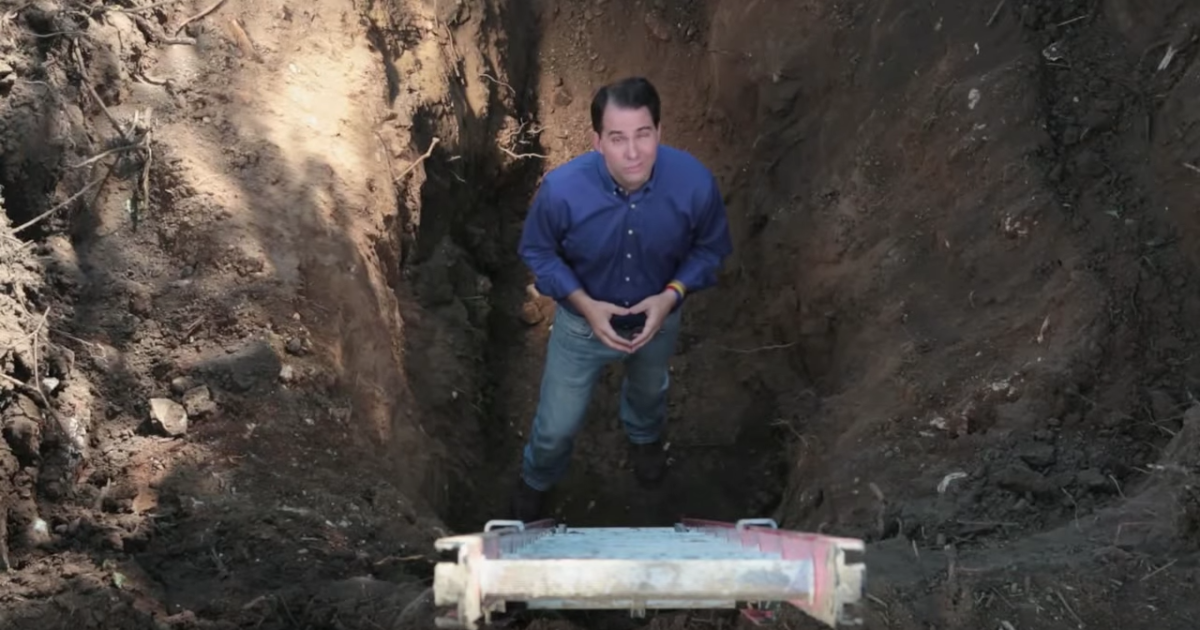If ‘Ifs’ and ‘Buts’ Are Candies and Nuts We’ll Have Foxconn Deal Paid Off in 2043
Nonpartisan Analysis Finds Gov. Scott Walker’s Foxconn Deal Would At Earliest Pay Back in 2043, Possibly Much Later

MADISON, Wis. — The nonpartisan Legislative Fiscal Bureau’s analysis of a $3 billion state taxpayer-funded deal proposed by Gov. Scott Walker to lure an electronics factory operated by Taiwanese-based manufacturer Foxconn to Wisconsin would, at best, be a net loser of revenue for nearly three decades. Variables including the percentage of jobs that go to Illinois and other state residents and changing business conditions could delay Wisconsin taxpayers from recouping the billions they are being asked to pay in subsidies for much longer, according to the analysis.
“This confirms the concerns about Scott Walker’s Foxconn scheme being a terrible bet with our tax dollars,” commented One Wisconsin Now Executive Director Scot Ross. “Even the best case, rosiest scenario shows Wisconsin taxpayers losing money on this deal for decades.”
According to the Fiscal Bureau analysis of August 2017 Special Session Assembly Bill 1, proposed legislation implementing a deal negotiated in secret between Gov. Walker’s administration and Foxconn, could start costing taxpayers money almost immediately.
The fiscal impact in the 2017 budget that has still not been passed, despite a July 1 start to the fiscal year, is projected at over $15.6 million. Costs quickly balloon in the 2019 budget to over $522 million, and even with projections of new revenue being generated the net cost will be over $307 million. Over the next 15 years the deal would be a net loser of over $1 billion for state taxpayers.
Based on the rosy projections of Walker’s administration and an analyst hired by Foxconn, the Fiscal Bureau finds Wisconsin wouldn’t recoup its investment for nearly three decades, in the 2042-43 fiscal year. But the analysis warns that date could be significantly delayed based on factors like how many out of state residents are employed at Foxconn and pay taxes elsewhere, changes in markets or changes in manufacturing processes like increased reliance on automation replacing taxpaying workers.
Ross concluded, “If Gov. Walker gets his way, we’ll be writing checks for hundreds of millions to Foxconn in Taiwan to subsidize a single project instead of investing in our public schools, our roads and bridges and small businesses and entrepreneurs across Wisconsin. That’s a bad deal on its face and that at best we won’t make our money back until the mid 2040s doesn’t make it better.”
